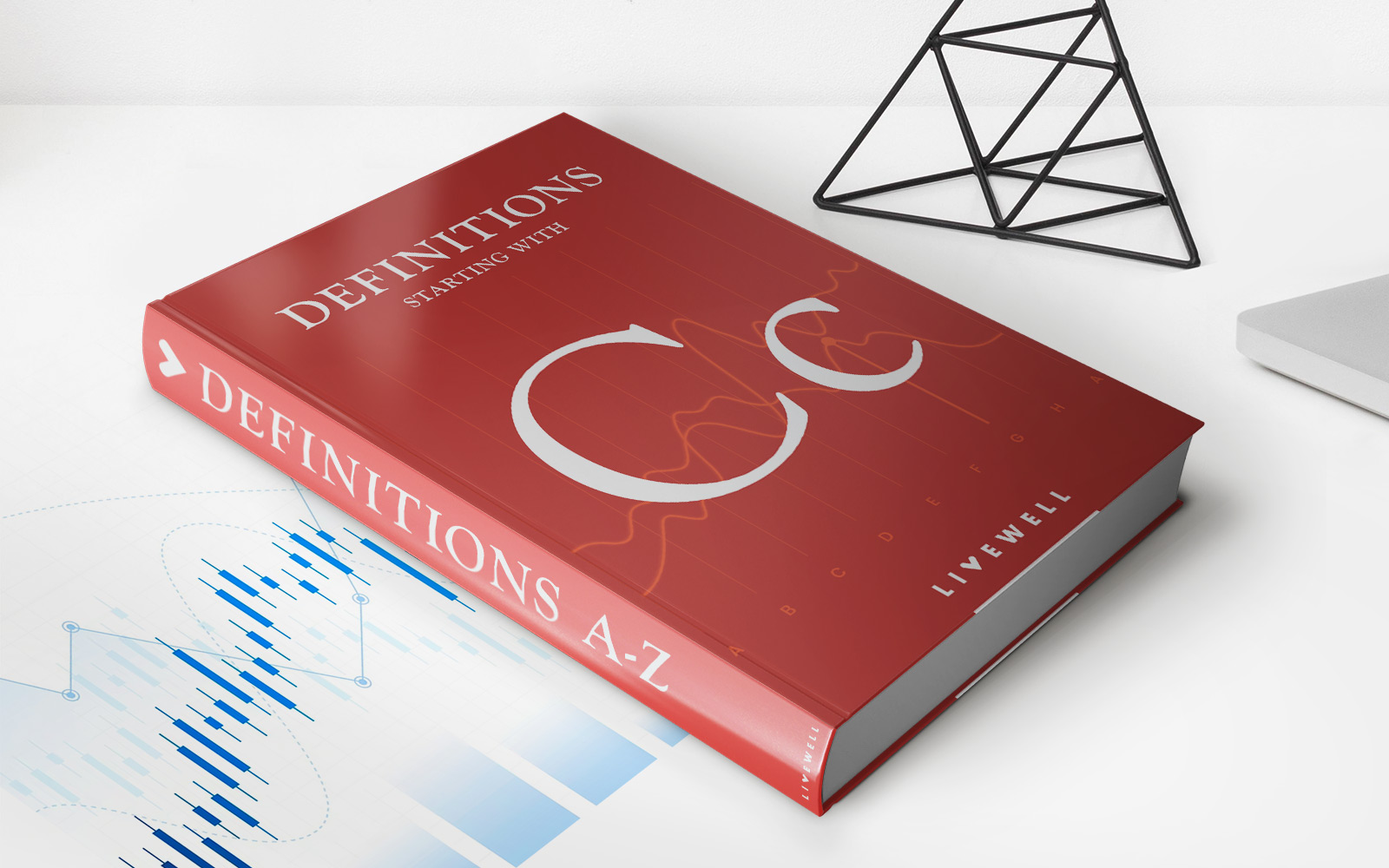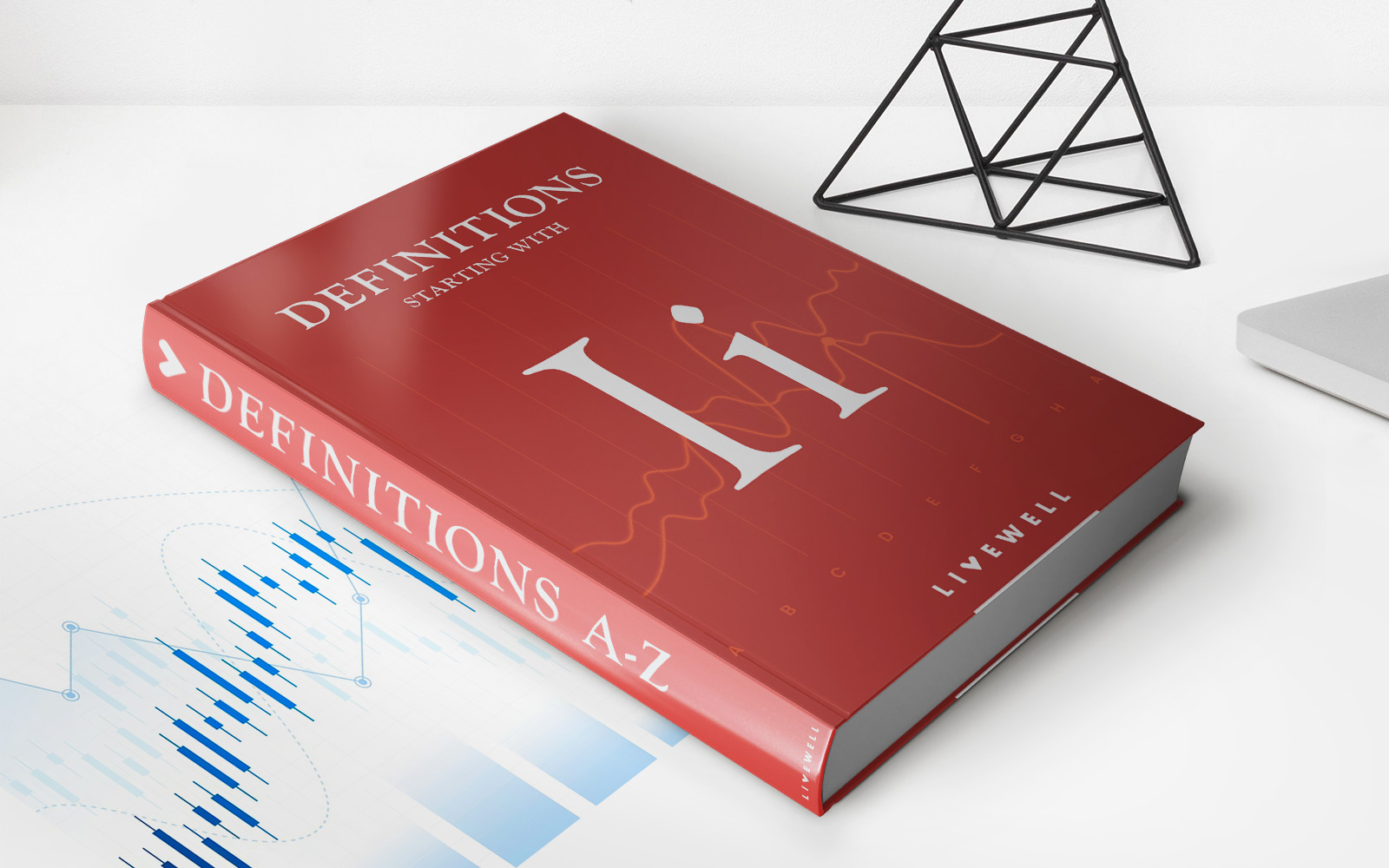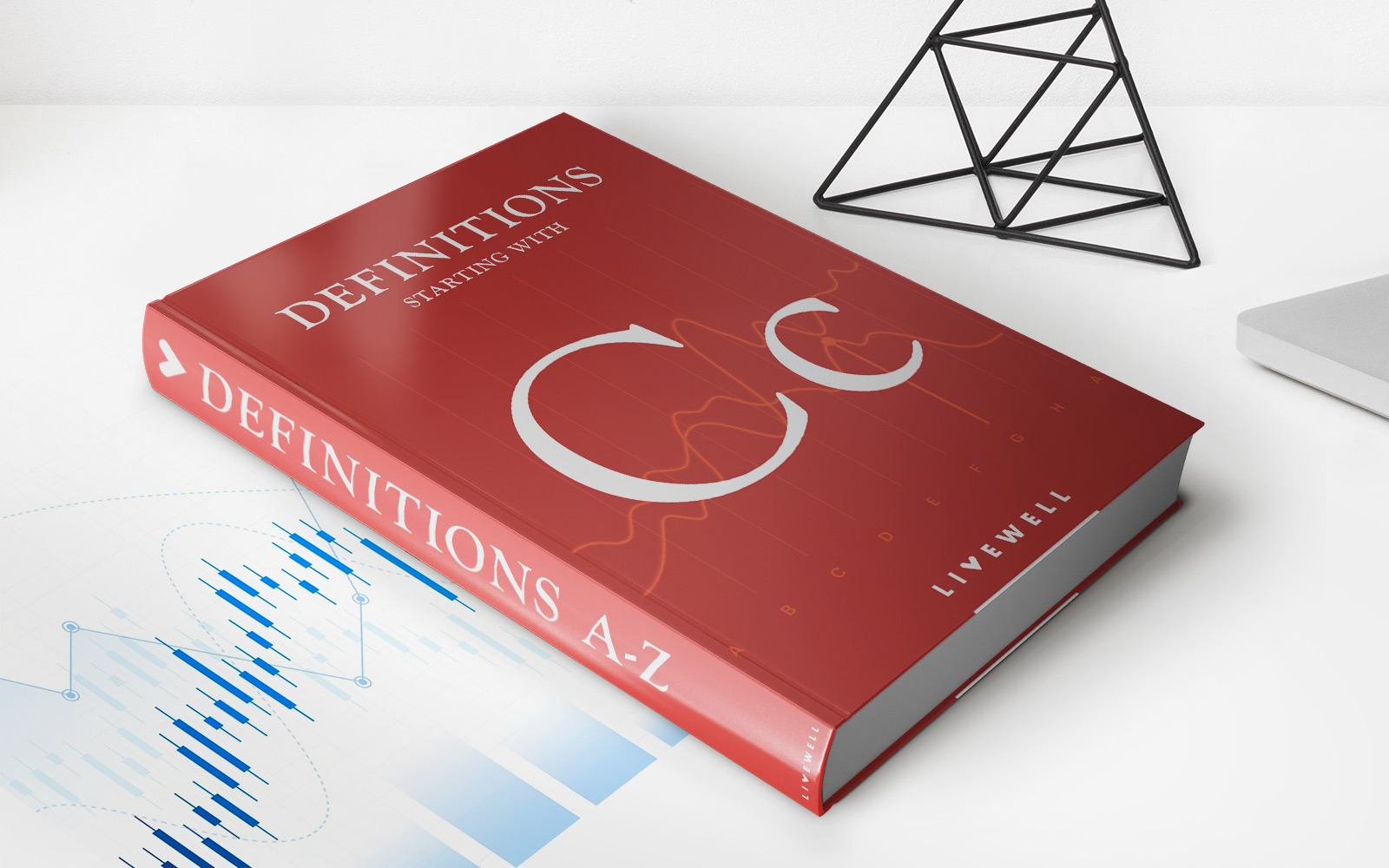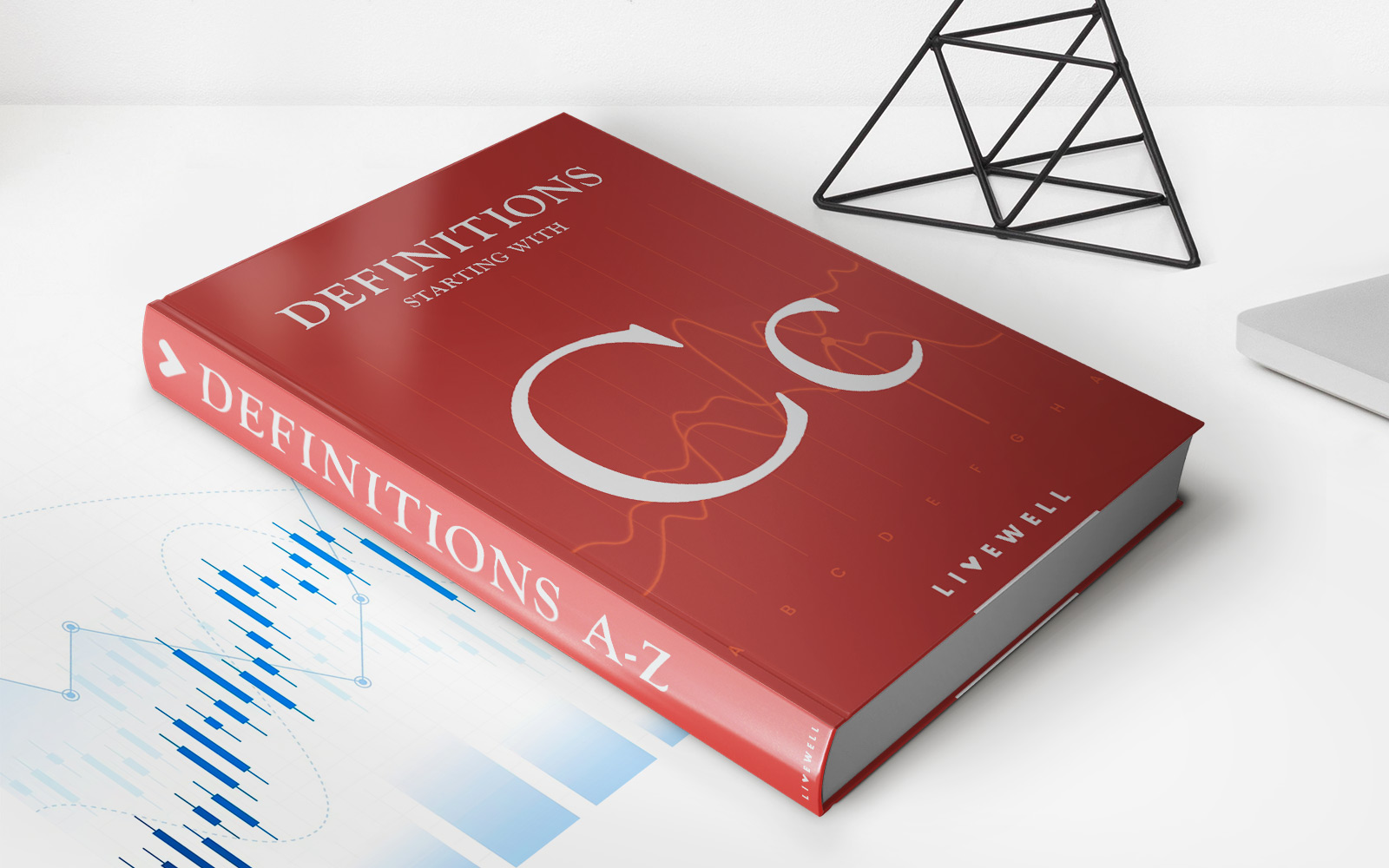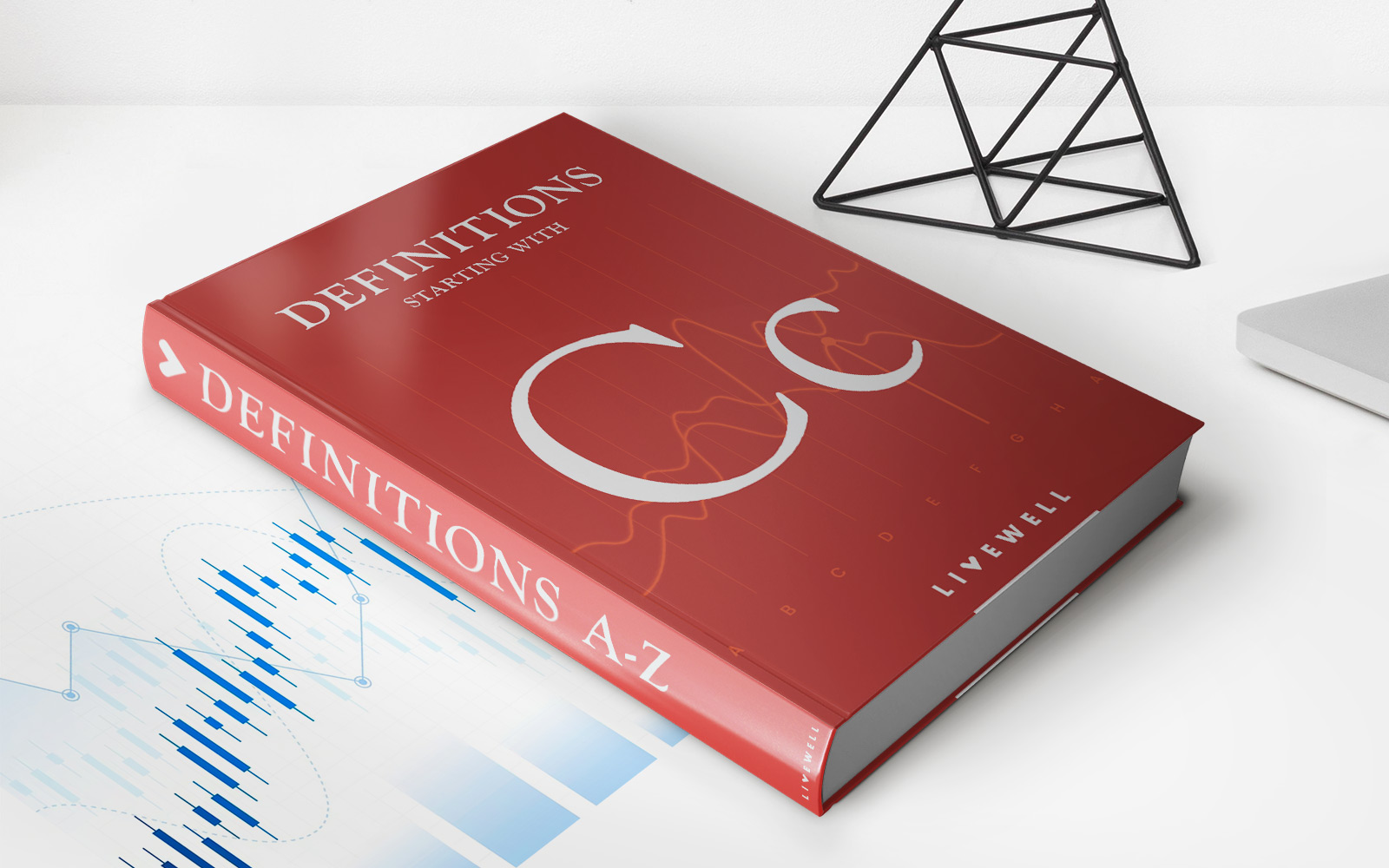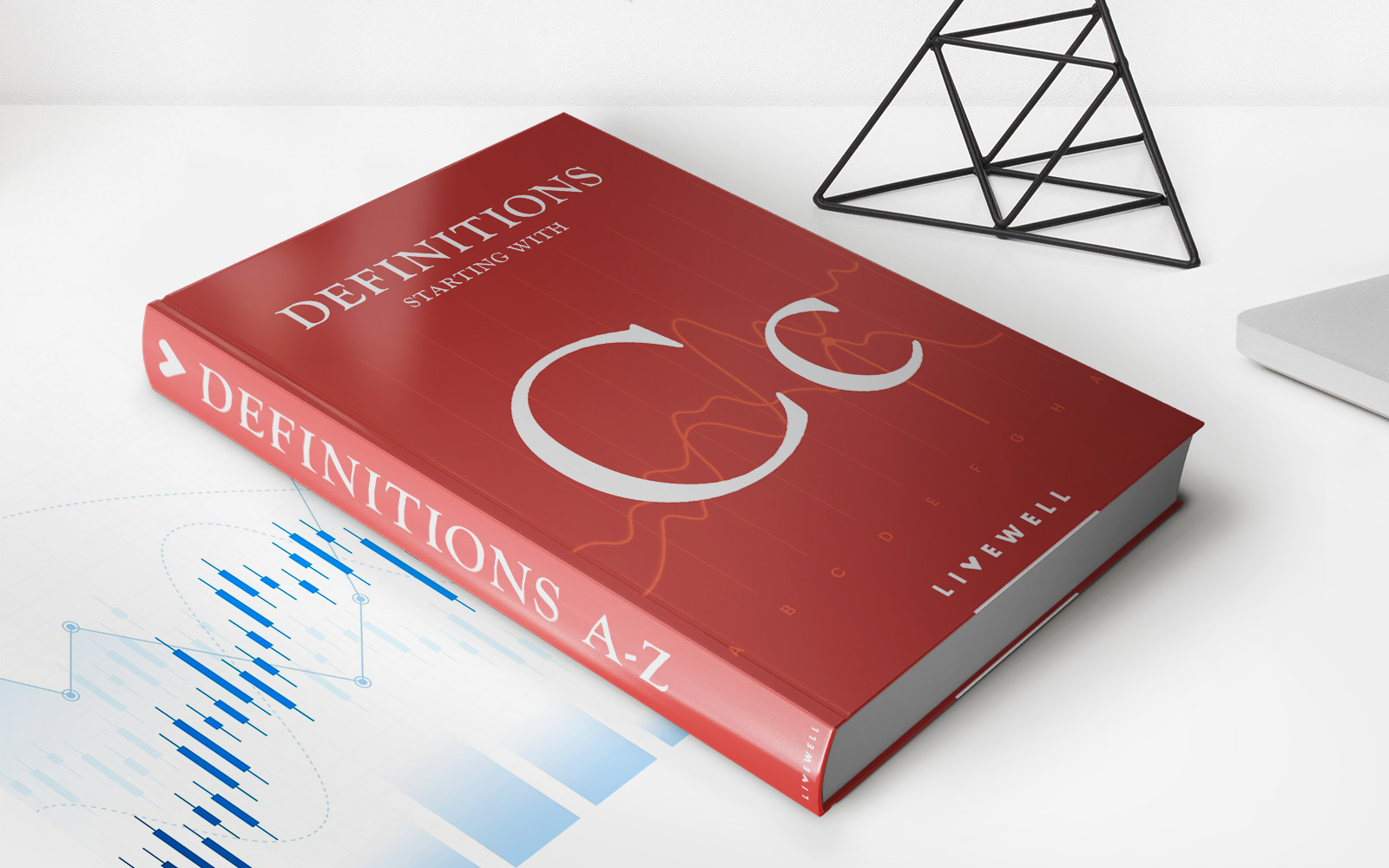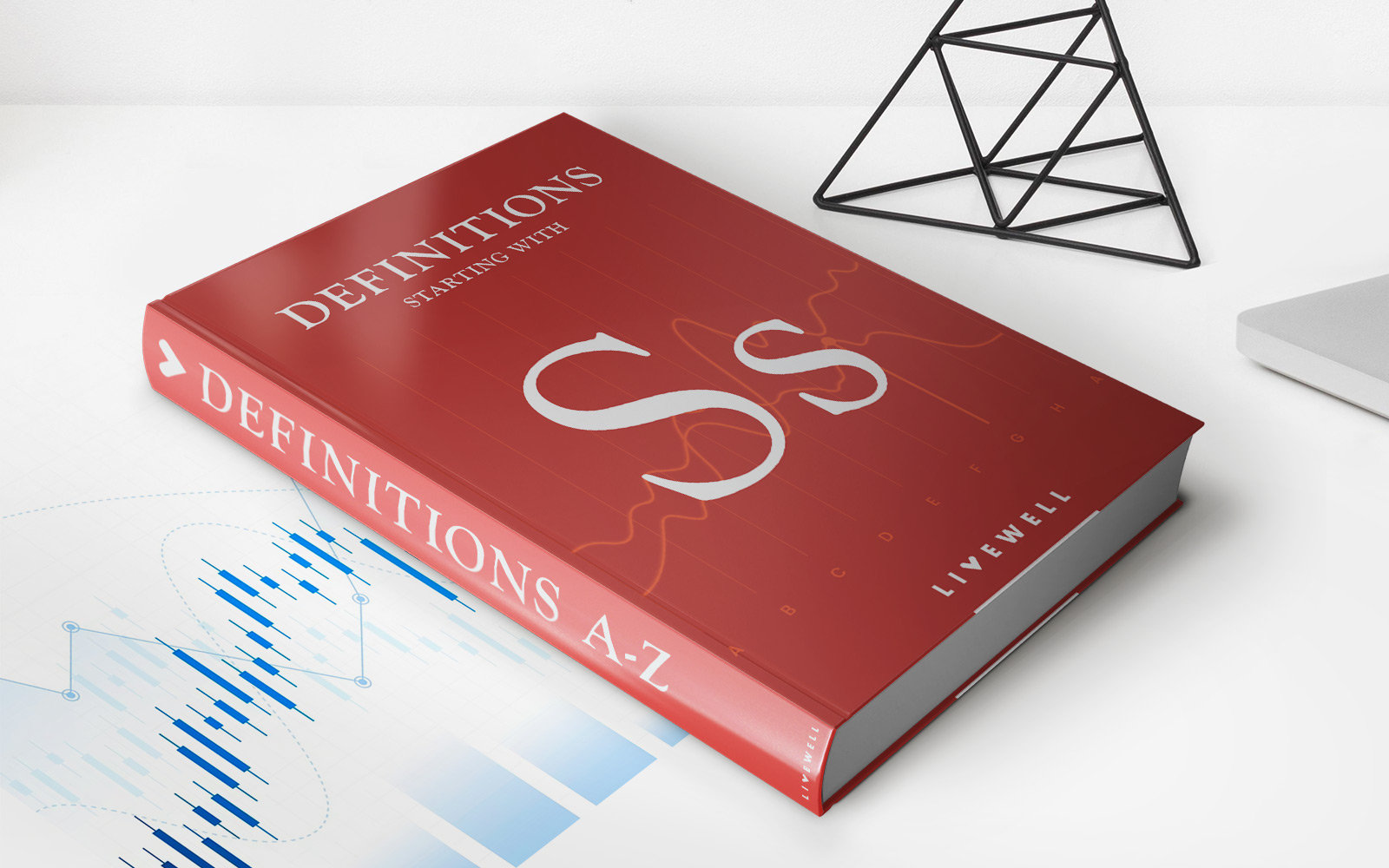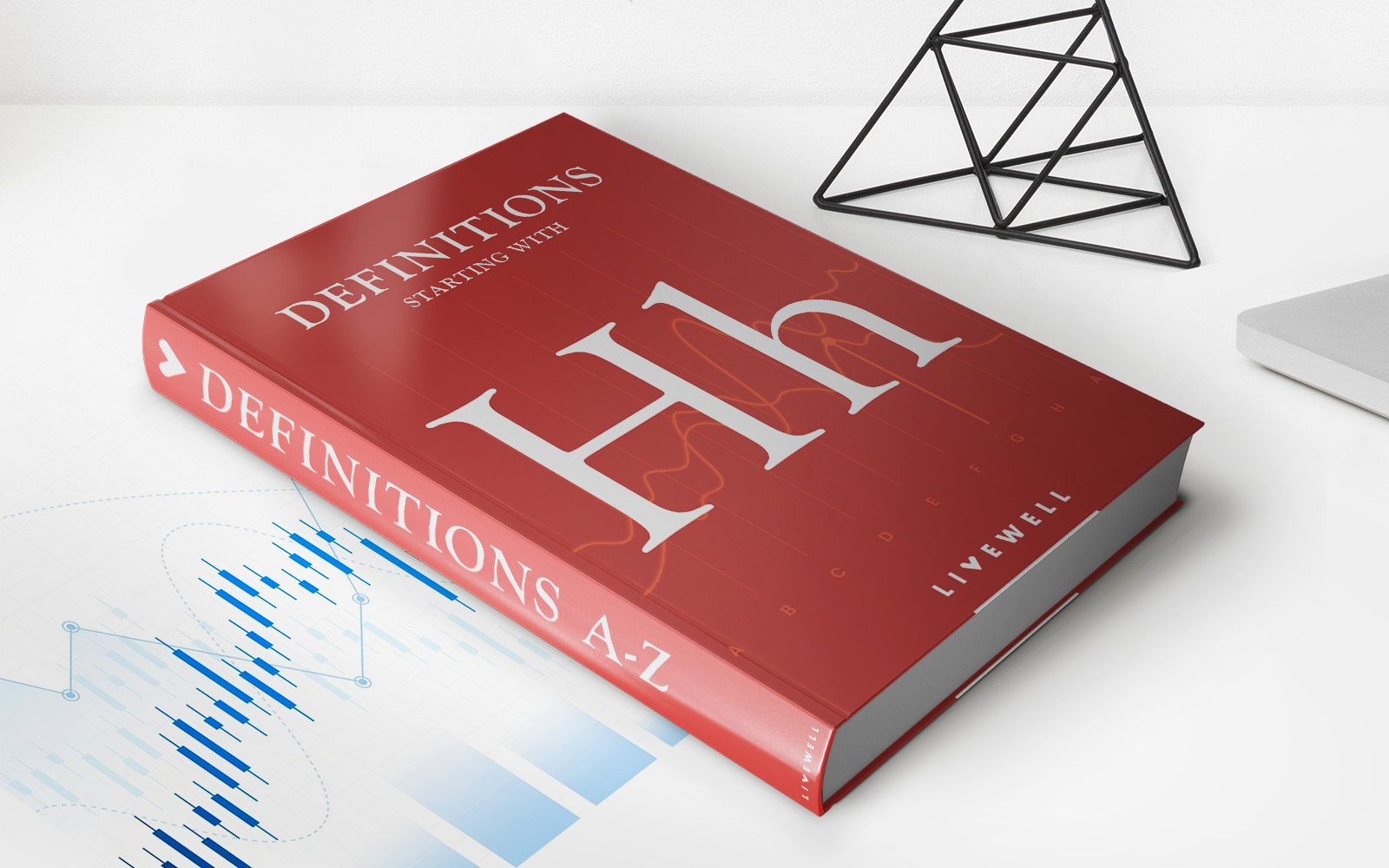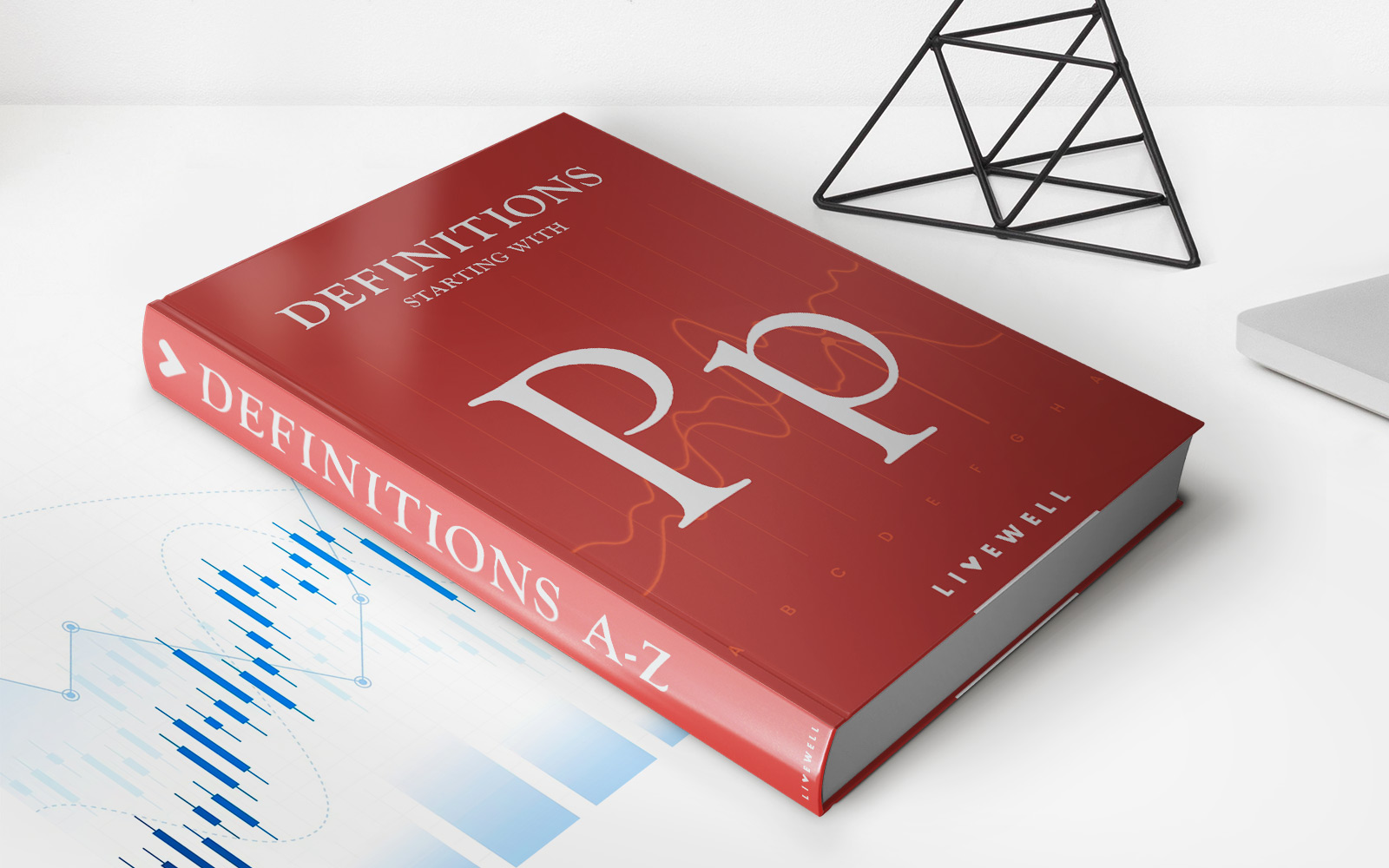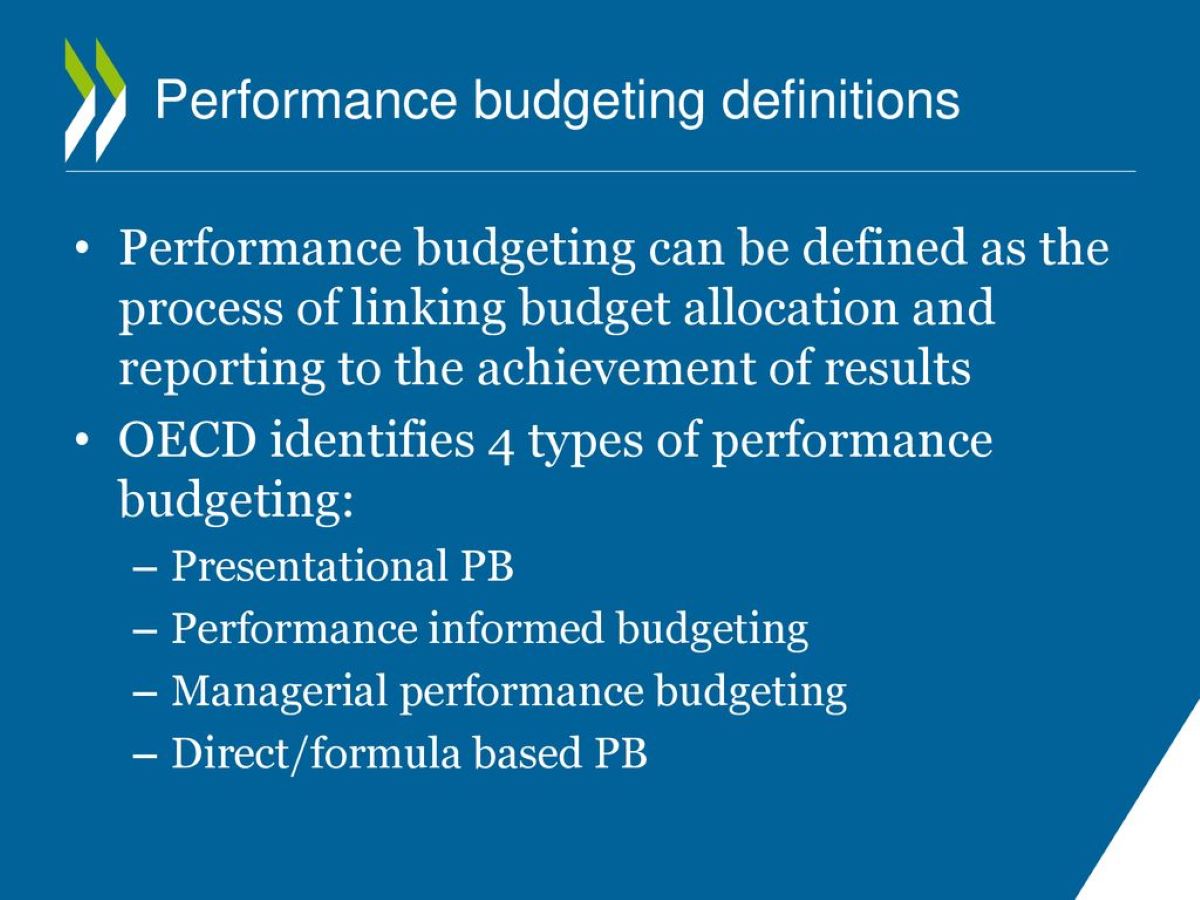Home>Finance>Egyptian Pound (EGP): Definition As Currency Of Egypt And Trade
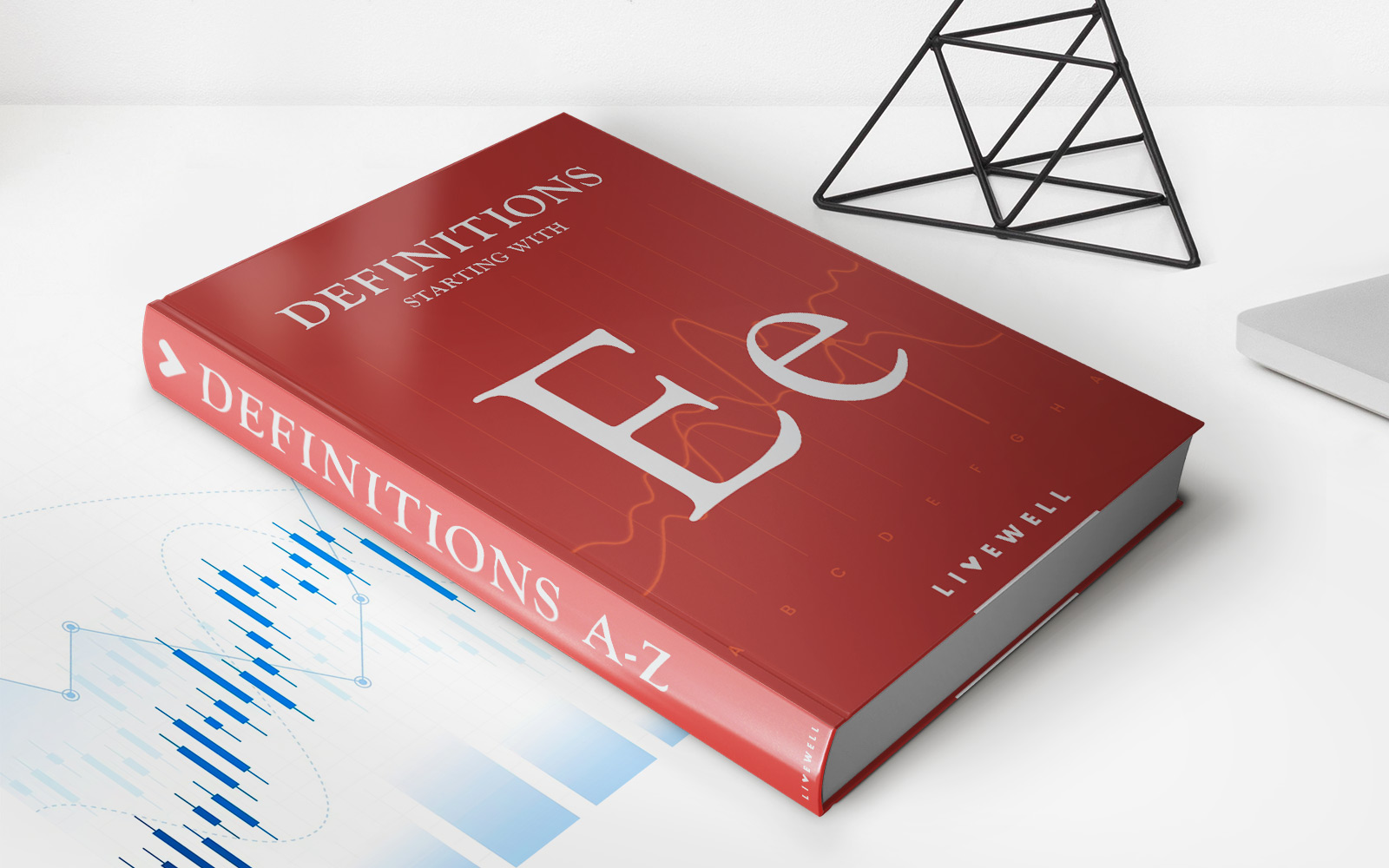

Finance
Egyptian Pound (EGP): Definition As Currency Of Egypt And Trade
Published: November 17, 2023
Learn about the Egyptian Pound (EGP) as the currency of Egypt and its role in trade. Explore the finance aspect of Egypt's economy and currency exchange.
(Many of the links in this article redirect to a specific reviewed product. Your purchase of these products through affiliate links helps to generate commission for LiveWell, at no extra cost. Learn more)
Welcome to the World of Egyptian Pound (EGP): A Closer Look at Egypt’s Currency and its Trade
When it comes to the world of finance and global trade, understanding various currencies is essential. Today, we are going to delve into the fascinating world of the Egyptian Pound (EGP) – the official currency of Egypt, a country steeped in rich history and culture. In this article, we will explore what the EGP is, its significance in the Egyptian economy, and how it impacts international trade.
Key Takeaways:
- The Egyptian Pound (EGP) is the official currency of Egypt.
- EGP plays a crucial role in the Egyptian economy and international trade.
Are you ready to embark on this journey? Let’s dive in and discover everything there is to know about the Egyptian Pound!
Background and Definition of the Egyptian Pound (EGP)
The Egyptian Pound (EGP) is the official currency of Egypt, a country situated in the northeastern corner of Africa. The currency has been in use since 1834, making it one of the oldest currencies in the world. One Egyptian Pound is subdivided into 100 piasters or 1,000 milliemes, making it easy for everyday transactions in the local economy.
The symbol for the Egyptian Pound is “£” or “E£”, and its code is EGP. This code is used worldwide by banks, financial institutions, and currency exchange platforms to identify and trade the Egyptian Pound in the global marketplace.
Significance of the Egyptian Pound (EGP) in the Egyptian Economy
The Egyptian Pound (EGP) holds tremendous importance in Egypt’s economy, not only as a medium of exchange but also as a store of value. Here are a few ways the EGP impacts the Egyptian economy:
- Domestic Market: The EGP facilitates all financial transactions within Egypt, serving as the backbone of the local market. From purchasing goods and services to paying bills, the Egyptian Pound is an integral part of the everyday lives of Egyptians.
- Inflation Control: The Central Bank of Egypt regulates the supply of Egyptian Pounds to maintain stability and control inflation. Through its monetary policies, the Central Bank keeps the value of the EGP in check, ensuring the smooth functioning of the economy.
- Foreign Trade: Egypt has a vibrant export and import industry, and the EGP plays a crucial role in these international trade transactions. Exporters and importers rely on the currency to negotiate prices, settle payments, and hedge against foreign exchange risks.
Role of the Egyptian Pound (EGP) in International Trade
When it comes to international trade, the Egyptian Pound (EGP) takes center stage in facilitating commerce between Egypt and other countries. Here’s a closer look at its role:
- Exchange Rates: The value of the Egyptian Pound against other currencies determines the cost of imports and exports for businesses. An appreciation or depreciation of the EGP can have significant implications on the profitability of international trade transactions.
- Balance of Trade: As the currency used for import and export transactions, the Egyptian Pound impacts the balance of trade between Egypt and its trading partners. A strong EGP can make imports cheaper and exports more expensive, potentially affecting trade imbalances.
- Foreign Direct Investment (FDI): Investors looking to invest in Egypt consider the stability and exchange rate of the Egyptian Pound. A stable currency provides confidence to investors and encourages foreign direct investment, leading to economic growth.
As global trade continues to flourish, understanding the role of different currencies like the Egyptian Pound becomes increasingly important. By comprehending its significance in Egypt’s economy and international trade, we can better navigate the complex world of finance and make informed financial decisions.
The Egyptian Pound (EGP): A Gateway to Egypt’s Economic Landscape
The Egyptian Pound (EGP) is not just a currency; it represents the economic heartbeat of a nation. Through its stability and widespread usage, the EGP enables financial transactions, fuels economic growth, and connects Egypt with the rest of the world.
Whether you are a curious traveler, an avid investor, or someone interested in global trade, understanding the Egyptian Pound and its role in Egypt’s economic landscape opens doors to a deeper appreciation of the country’s rich heritage and its place in the global economy.
So, the next time you come across the Egyptian Pound (EGP) in your financial endeavors, remember the cultural and economic significance behind this fascinating currency.
